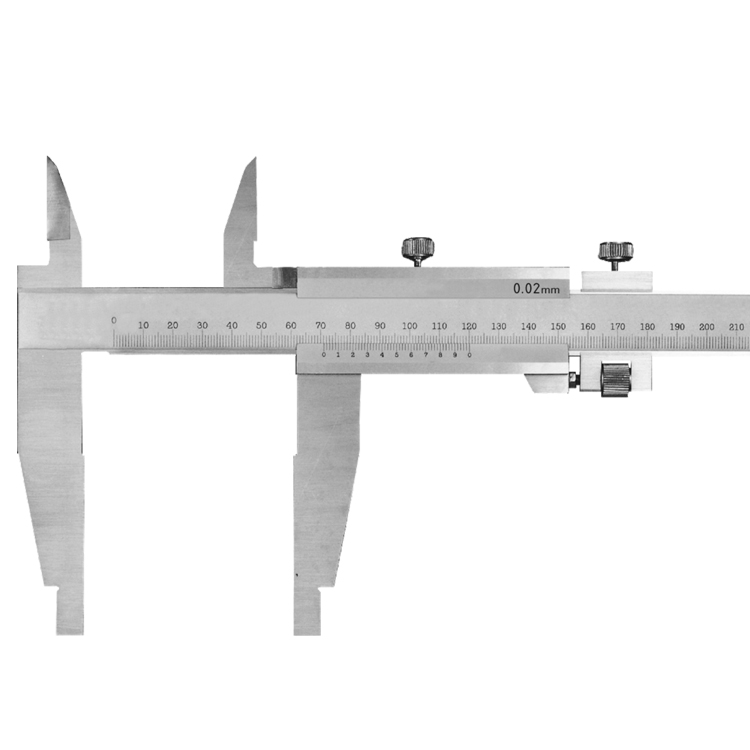Wholesale edge finder
An edge finder is a precision tool used in machining to accurately locate the edges of a workpiece. Finding a reliable wholesale edge finder supplier is crucial for businesses seeking cost-effective solutions without compromising on quality and accuracy. This guide explores the different types of edge finders, their applications, factors to consider when buying in wholesale, and how to choose the best supplier for your needs.
Understanding Edge Finders and Their Applications
An edge finder, also known as a wiggler or center finder, is an essential tool in milling and other machining operations. Its primary function is to precisely determine the location of an edge of a workpiece relative to the machine's spindle. This allows machinists to accurately set the machine's zero point, ensuring precise cuts and minimizing errors.
Types of Edge Finders
Several types of edge finders are available, each with its advantages and disadvantages. Understanding these differences is vital when sourcing wholesale edge finders.
- Mechanical Edge Finders: These are the most common type. They consist of two cylinders connected by a spring. When the rotating cylinder touches the workpiece edge, it wobbles. The operator carefully moves the machine until the wobble disappears, indicating the edge's location.
- Electronic Edge Finders: These use an electrical circuit that completes when the probe touches the workpiece, triggering a light or sound. They are generally more accurate than mechanical versions.
- Optical Edge Finders: These use a microscope or camera to visually locate the edge of the workpiece. They offer very high precision but can be more expensive.
- 3D Edge Finders: Capable of detecting edges in three dimensions, providing X, Y, and Z coordinates.
Applications of Edge Finders
Edge finders are used in a wide range of machining applications, including:
- Setting the zero point on milling machines
- Locating the center of holes
- Precisely aligning workpieces in jigs and fixtures
- Ensuring accurate positioning for drilling, tapping, and other operations
Factors to Consider When Buying Wholesale Edge Finders
Purchasing wholesale edge finders requires careful consideration to ensure you get the best value for your money. Here are some key factors to keep in mind:
Accuracy and Precision
The accuracy of an edge finder is paramount. Look for models with a high degree of precision, typically measured in thousandths of an inch (e.g., ±0.0002'). Ensure the product specifications clearly state the accuracy rating. For instance, a high-quality electronic edge finder from a reputable manufacturer like Haimer guarantees a high level of repeatability. Wayleading Tools emphasize precision instruments because accuracy is the foundation of quality machining.
Material and Durability
The material used in the construction of the edge finder affects its durability and lifespan. High-quality steel, such as hardened tool steel, is ideal for mechanical edge finders. For electronic models, consider the quality of the probe and the robustness of the electronics.
Type of Edge Finder
Choose the type of edge finder that best suits your specific needs. Mechanical edge finders are suitable for general-purpose applications, while electronic and optical models are better for high-precision work. Consider the complexity of the machining tasks and the required level of accuracy.
Wholesale Pricing and Minimum Order Quantity (MOQ)
Compare pricing from different suppliers to find the most competitive rates. Pay attention to the minimum order quantity (MOQ) to ensure it aligns with your requirements. Some suppliers offer tiered pricing, with lower prices for larger orders.
Supplier Reputation and Reliability
Choose a supplier with a proven track record of providing high-quality products and reliable service. Look for customer reviews and testimonials to gauge their reputation. Check if the supplier offers warranties or guarantees on their products. Established brands like Starrett are known for their quality and reliability.
Certifications and Standards
Ensure the edge finders meet relevant industry standards and certifications. This provides assurance of their quality and performance.
Finding a Reliable Wholesale Edge Finder Supplier
Sourcing a reliable supplier is crucial for a successful wholesale purchase. Here are some strategies to find the best supplier for your needs:
Online Marketplaces
Platforms like Alibaba and Global Sources offer a wide range of suppliers, allowing you to compare prices and products easily. Be sure to vet potential suppliers carefully, checking their ratings, reviews, and certifications.
Trade Shows and Industry Events
Attending trade shows provides an opportunity to meet suppliers in person, inspect their products, and negotiate prices. This can be a valuable way to establish relationships and find reliable partners.
Direct Manufacturers
Working directly with manufacturers can offer the best prices and customization options. However, it may require larger order quantities. Do your due diligence to ensure the manufacturer has a good reputation and the capacity to meet your needs. Wayleading Tools can offer competitive prices for bulk orders through direct manufacturer relationships.
Distributors
Authorized distributors often carry a wide range of products from reputable manufacturers and can offer technical support and after-sales service. While prices may be slightly higher than buying directly from a manufacturer, the added value can be worth it.
Tips for Maximizing Value When Buying Wholesale
Negotiate Pricing
Don't be afraid to negotiate prices with suppliers, especially when placing large orders. Leverage your order volume to secure better discounts. Request quotes from multiple suppliers to compare and negotiate the best possible terms.
Consider Lead Times
Factor in lead times when planning your purchases. Wholesale orders may take longer to process and ship than individual orders. Ensure the supplier can meet your delivery deadlines.
Inspect Samples
Before placing a large order, request samples to inspect the quality and accuracy of the edge finders. This will help you avoid potential issues and ensure you are satisfied with the product.
Establish a Long-Term Relationship
Building a long-term relationship with a reliable supplier can lead to better pricing, priority service, and customized solutions. Nurture these relationships by communicating openly, providing feedback, and honoring your commitments.
Example: Comparing Electronic Edge Finder Specifications
| Feature | Supplier A - Model XYZ | Supplier B - Model ABC |
|---|---|---|
| Accuracy | ±0.0002' | ±0.0005' |
| Repeatability | 0.0001' | 0.0003' |
| Probe Diameter | 0.4' | 0.5' |
| Power Source | Battery (Included) | Battery (Not Included) |
| Price per unit (MOQ 100) | $55 | $48 |
Conclusion
Sourcing wholesale edge finders effectively requires careful planning, research, and due diligence. By understanding the different types of edge finders, considering the key factors when buying in wholesale, and choosing a reliable supplier, you can ensure you get the best value for your investment and optimize your machining operations. Remember to prioritize accuracy, durability, and supplier reputation to make informed purchasing decisions. For more information about precision tools, contact a Wayleading Tools specialist.
Disclaimer: This article is for informational purposes only. Always consult with a qualified professional before making any purchasing decisions.
Related products
Related products
Best selling products
Best selling products-
 F1 Precision Boring Head With Metric & Inch
F1 Precision Boring Head With Metric & Inch -
 MT/R8 Shank Quick Change Tapping Chuck With MT & R8 Shank
MT/R8 Shank Quick Change Tapping Chuck With MT & R8 Shank -
 Precision Monoblock Vernier Caliper With Nib Style Jaws Of Metric & Imperial For Industrial
Precision Monoblock Vernier Caliper With Nib Style Jaws Of Metric & Imperial For Industrial -
 CCMT Turning Insert For Indexable Turning Tool Holder
CCMT Turning Insert For Indexable Turning Tool Holder -
 Plain Back ER Collet Fixture With Lathe Collet Chuck
Plain Back ER Collet Fixture With Lathe Collet Chuck -
 Type A Cylinder Tungsten Carbide Rotary Burr
Type A Cylinder Tungsten Carbide Rotary Burr -
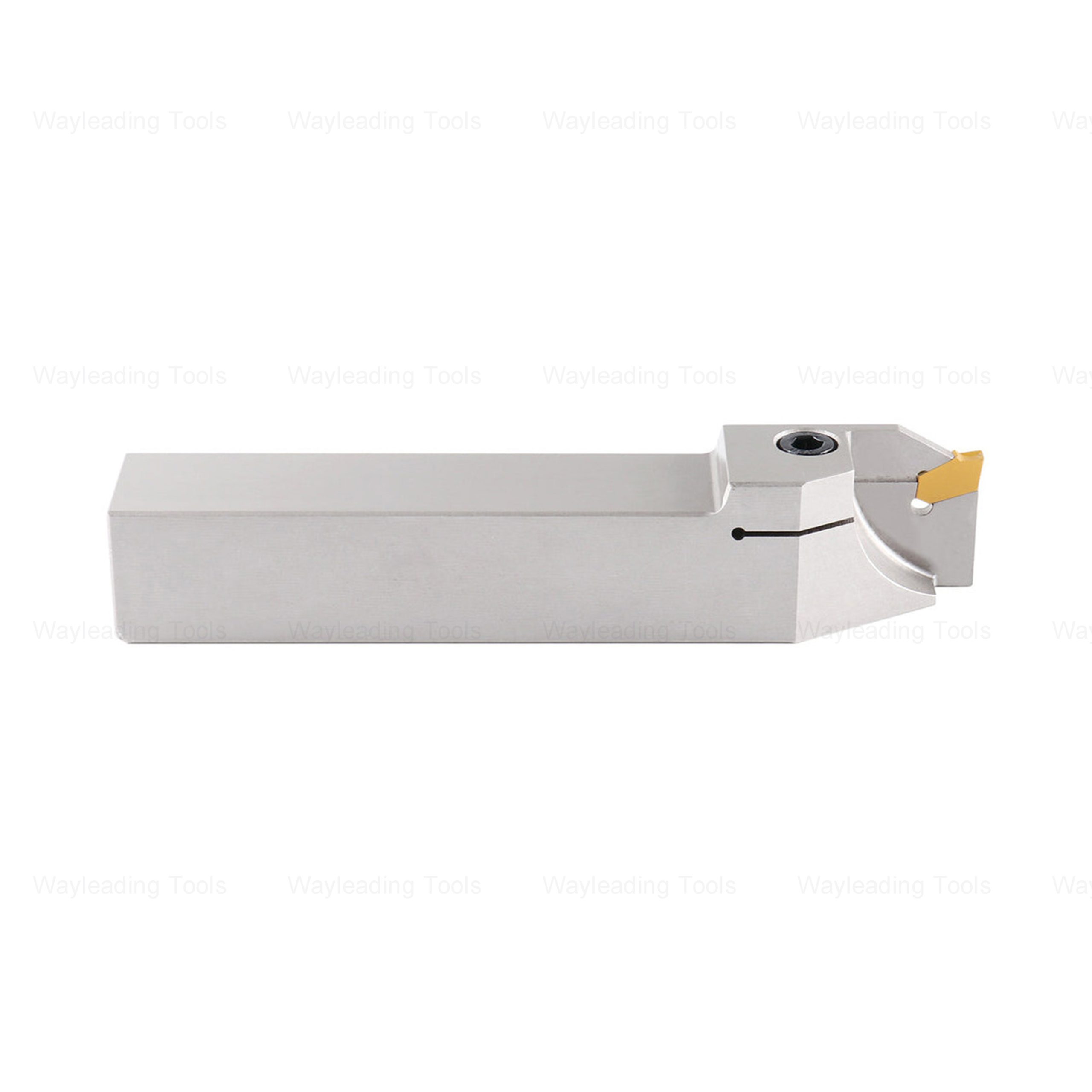 QA Grooving & Cut-Off Tool Holder
QA Grooving & Cut-Off Tool Holder -
 Adjustable Tap And Reamer Wrench For Thread Cutting Tools
Adjustable Tap And Reamer Wrench For Thread Cutting Tools -
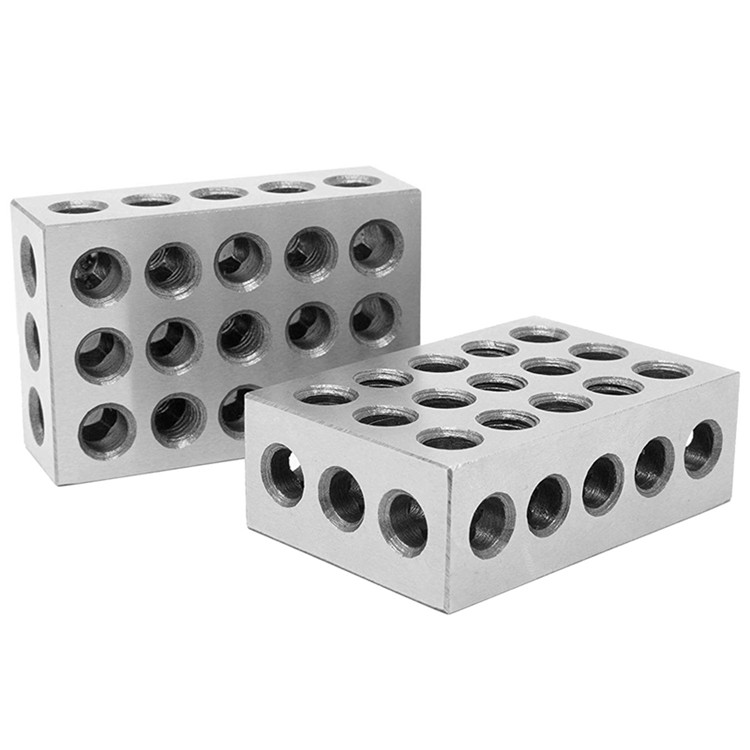 Precision 1-2-3, 2-3-4 or 2-4-6 Block With 1 And 11 And 23 Or None Hole
Precision 1-2-3, 2-3-4 or 2-4-6 Block With 1 And 11 And 23 Or None Hole -
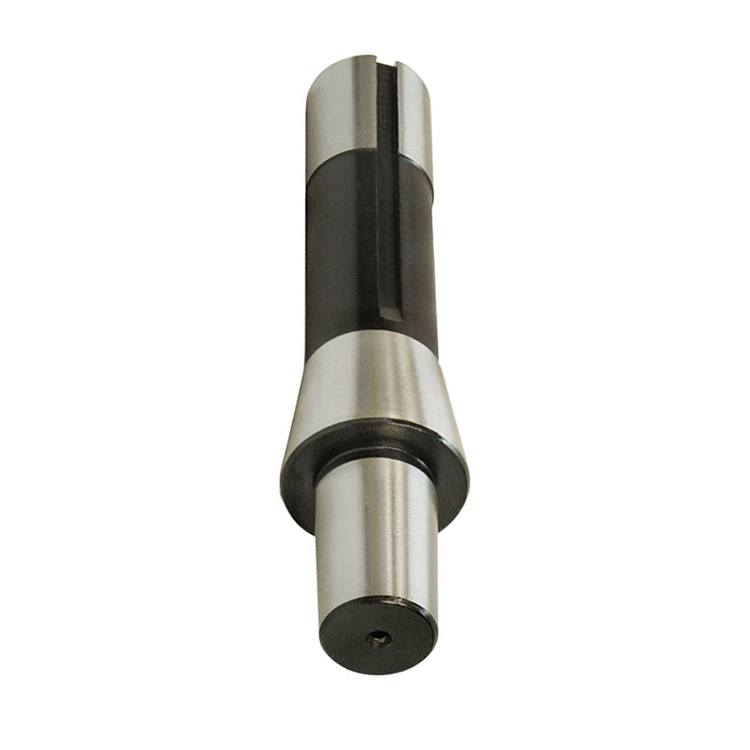 R8 Drill Chuck Arbor For Milling Machine
R8 Drill Chuck Arbor For Milling Machine -
 7pcs Carbide Turning Tool Set With Metric & Inch Size
7pcs Carbide Turning Tool Set With Metric & Inch Size -
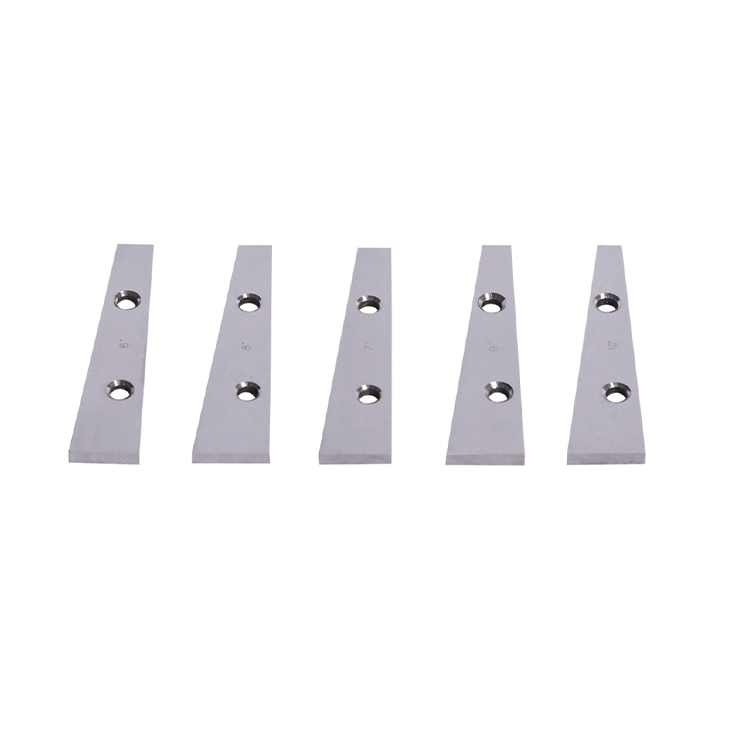 Precision 5pcs & 6pcs Angle Blocks Set With High Quality Type
Precision 5pcs & 6pcs Angle Blocks Set With High Quality Type



